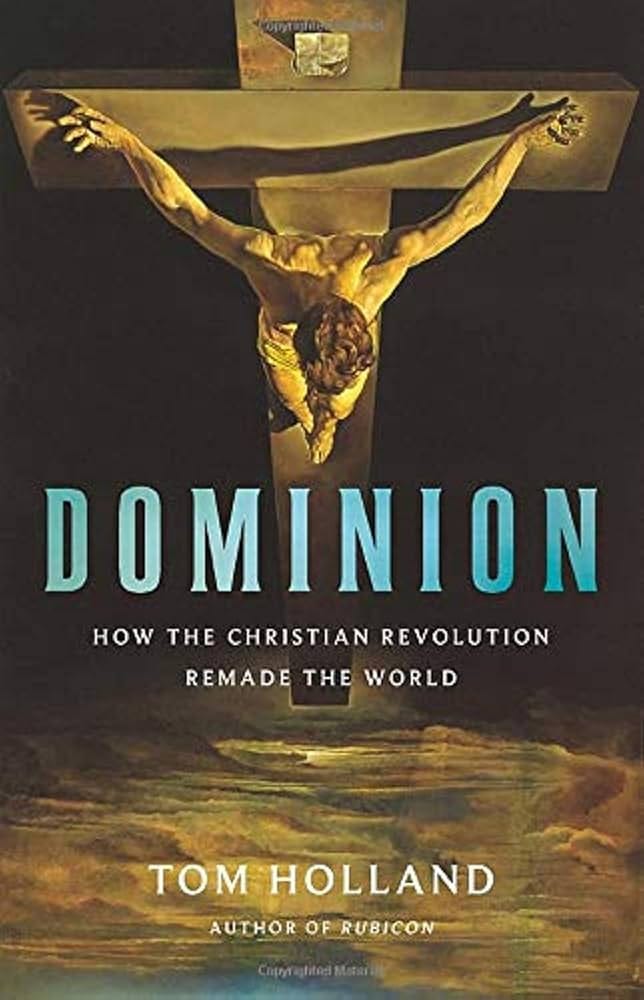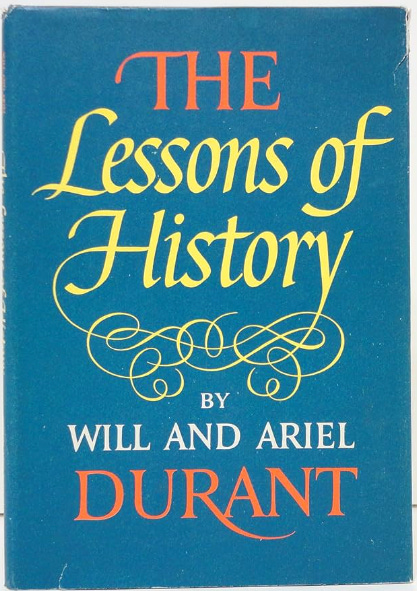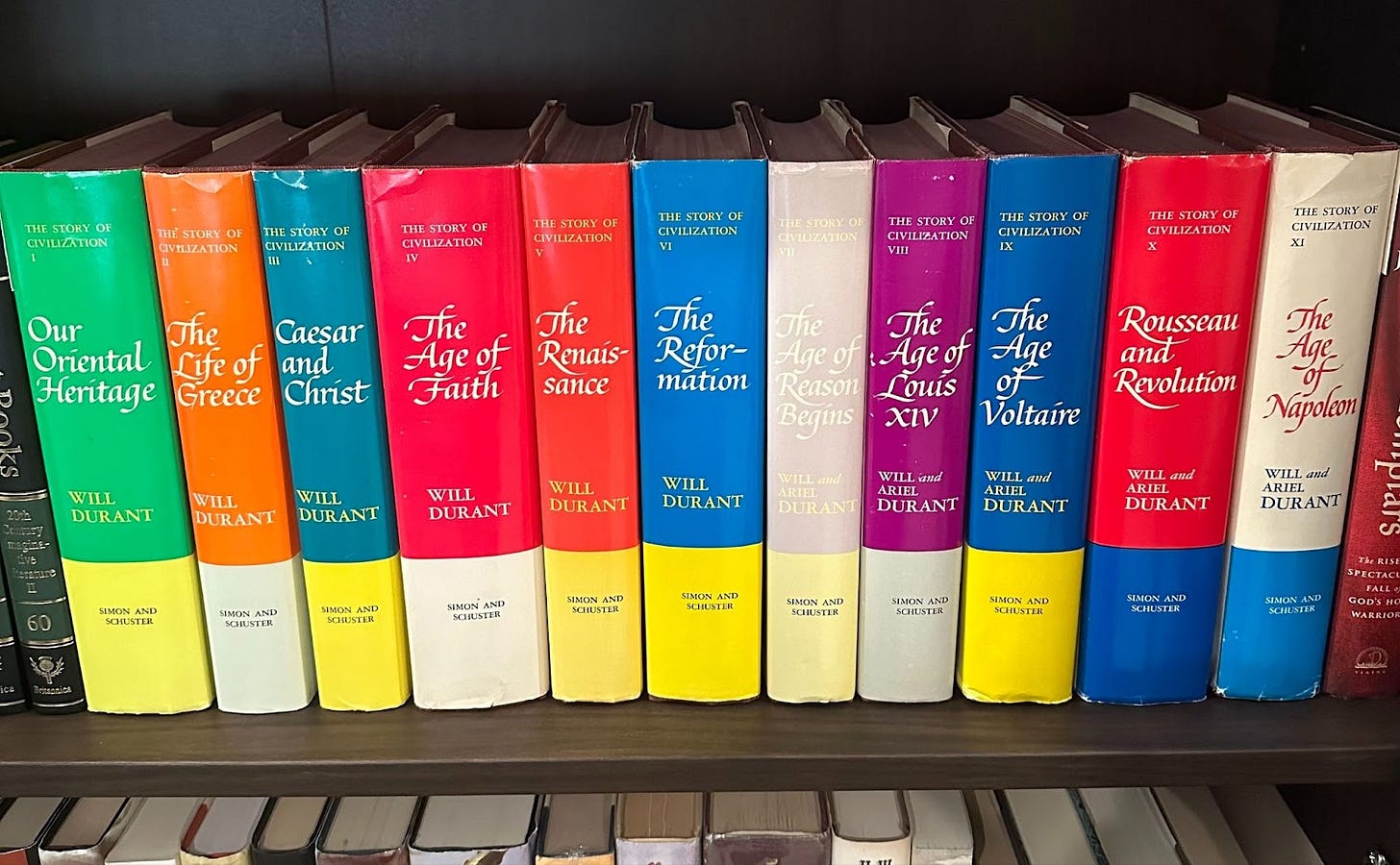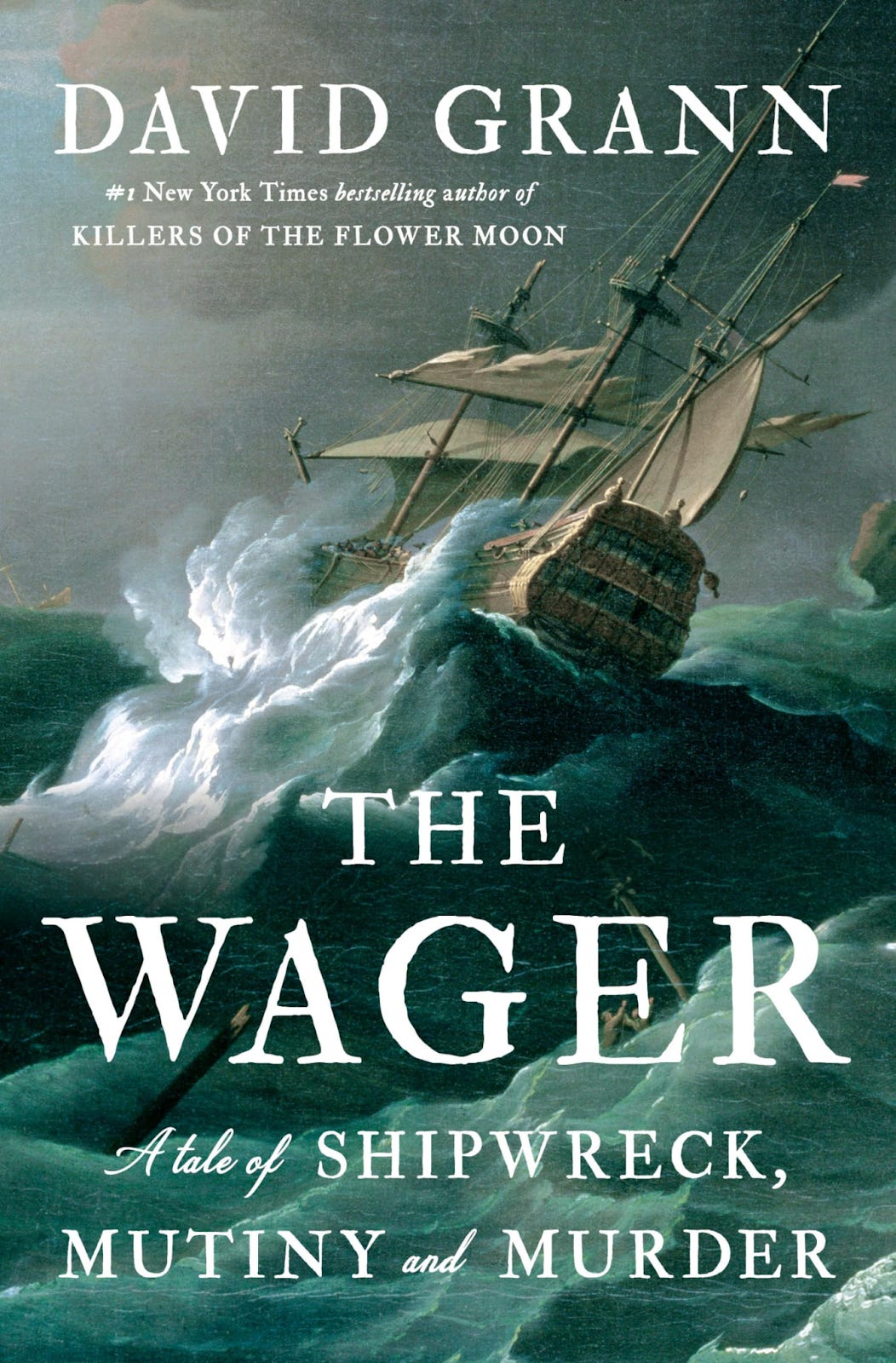The Best Things I Read in 2024
Each year, I like to reflect on the most profound books and essays I read over the last twelve months. My hope is that this list inspires you to read at least one. Since it’s early December, you should have plenty of time to read over the holidays!
With Christmas approaching, where better to start than with Christ himself?
Dominion by Tom Holland
Tom Holland is one of the world’s leading classical historians. When he isn’t hosting his podcast The Rest of History, he does things like translate Herodotus. After decades of trying to understand classical societies, he found it increasingly difficult to empathize with the seemingly odd things they would do. Homer’s Achilles is stubborn, power hungry, and petty, yet he was viewed as the heroic ideal to the Greeks. If a Spartan baby was unfit to be a soldier, he would be left on a nearby hillside to perish; incomprehensible to a modern reader. The societies from antiquity have very little moral overlap – the way they viewed right and wrong – with anyone from colonial America or Napoleonic France, let alone today. Why? What is it that makes us so different from them?
Holland says it’s Christianity all the way down. The abstract nouns that you believe in — equality, freedom, love, compassion, charity, liberty, abolitionism, equity, feminism, etc. — are all derived from Christian thought, the letters of Paul in particular. This book has similarities to Nietzsche's “Rome against Judea” ideas, but while the German philosopher has no shortage of references, Dominion is more historical rather than philosophical. However, instead of the history of an event, Holland outlines the history of ideas.
While this book isn’t short (600 pages), I would categorize it as a relatively easy read. It’s likely that my lack of Christian knowledge prior to reading this produced an outsized impact (I’ve never been to church), but even so, Dominion in many ways changed the way I look at the world, which is the highest praise I can give a book.
Your Book Review: Two Arms and a Head by AmandaFromBethlehem
In 2006, a philosophy student named Clayton Schwartz got in a motorcycle accident in Mexico leaving him paralyzed from the chest down. He lived as a paraplegic for two years before committing suicide, during this time he wrote a book titled Two Arms and a Head. My recommended read is not the book itself, but instead a review of the book. (Also the winner of the ACX 2024 Book Review contest).
If your first reaction is “that’s devastating, but millions of paraplegics live fulfilling lives and don’t feel the need to end it all”, then you definitely should read this because that exact topic is covered at length. Other topics discussed include: the nature of freedom, ableism, and the ethics of suicide (this is not a light, happy read). You will not look at paraplegia the same way again. Schwartz’s goal with his book was to move the Overton window on medically assisted suicide and I think he’d be happy to know things have shifted substantially since 2008.
You can read the review here.
The Lessons of History by Will and Ariel Durant
Will and Ariel Durant were highly influential 20th century historians. Their magnum opus was The Story of Civilization, which is 11 volumes covering the entire history of the Western world (and some of the East). Besides being a masterclass of history, The Story of Civilization tops the list of best bookshelf centerpieces. Once you first see their blindingly colorful 1960s book jackets, you will start to see them everywhere. I wasn’t able to resist…
After a lifetime of learning and writing about thousands of years of history, it makes sense that their last book would be an attempt to distill what they had learned. The result is The Lessons of History; a short 100 page guidebook that tries to extrapolate lessons to inform future generations. The structure of the book is by conceptual human constants such as religion and secularism, liberty and equality, capitalism and socialism, war and peace. Since this post is not a full book review, I'll just leave a few of the best quotes:
No one man, however brilliant or well-informed, can come in one lifetime to such fullness of understanding as to safely judge and dismiss the customs or institutions of his society, for these are the wisdom of generations after centuries of experiment in the laboratory of history.
The men who can manage men manage the men who can manage only things, and the men who can manage money manage all.
One lesson of history is that religion has many lives, and a habit of resurrection. How often in the past have God and religion died and been reborn!
The fear of capitalism has compelled socialism to widen freedom, and the fear of socialism has compelled capitalism to increase equality.
Since men love freedom, and the freedom of individuals in society requires some regulation of conduct, the first condition of freedom is its limitation; make it absolute and it dies in chaos.
The Goddess of Everything Else by Scott Alexander
This short essay is about the cruelty of nature contrasted with the subtle victories of our better angels. Scott’s 2015 poem is the rebuttal to anyone who says “but that’s just how we’re wired”. The brutal laws of nature created life but we are not forever bound to their rules. This poem is the transhumanism Book of Genesis.
The Goddess of Cancer represents the raw forces of survival – violence, competition, and endless reproduction without purpose beyond sustaining itself. Her creatures exist to KILL, CONSUME, MULTIPLY, CONQUER, cycling through a self-perpetuating pattern of dominance and survival. She embodies the blind instinct to persist, indifferent to any concept of higher purpose.
Alternatively, the Goddess of Everything Else embodies cooperation, empathy, and the desire for purpose beyond mere survival. She inspires creatures to look beyond their base instincts to organize and dream of a life that includes friendship, love, art, and eventually complex societies and transcendence. She doesn't force change directly; instead, she subtly guides creatures to evolve over time, aligning their desires with higher aspirations without violating their original nature.
This is a deeply philosophical treatise on the progression of intelligence and life through cooperation, and I can’t help but feel deeply optimistic after reading it. If we end up with some new religions in the next few hundred years, they’re going to look a lot like this.
You can read the essay here. If you would prefer to watch rather than read, an animated short was also made by a third party.
The Wager by David Grann
David Grann is one of those authors where every book he releases becomes a feature film. His first two you may have heard of: The Lost City of Z and Killers of the Flower Moon. His latest book (which Scorsese is currently filming) is called The Wager. Grann’s books makeup a genre called narrative nonfiction, meaning they’re researched as well as a history book, but the pages turn like a mystery beach read.
The Wager takes place in the mid 18th century aboard a British naval vessel that gets shipwrecked off the coast of modern day Chile. The events that unfold make up one of, if not the, craziest stories of humanity I have ever read. I feel like once a year I’m reminded that being a sailor in the 18th century is one of the worst possible hells imaginable.
The most interesting part of this book to me was the power of British order and rule of law. These guys are starving on an island half-way across the world, yet still manage to meticulously document everything they do and get signatures for all major decisions. This book is as much an insight into legal history as much as it’s about a shipwreck. Whether you are a casual or serious reader, I highly recommend this book.






Loved the Wager, but in fact, THE craziest story of humanity is Endurance, the story of Shackleton's journey into Antartica. I have a map that sits behind my desk and about once a quarter I get distracted retracing their journey and the impossibleness they faced. Highly recommend.